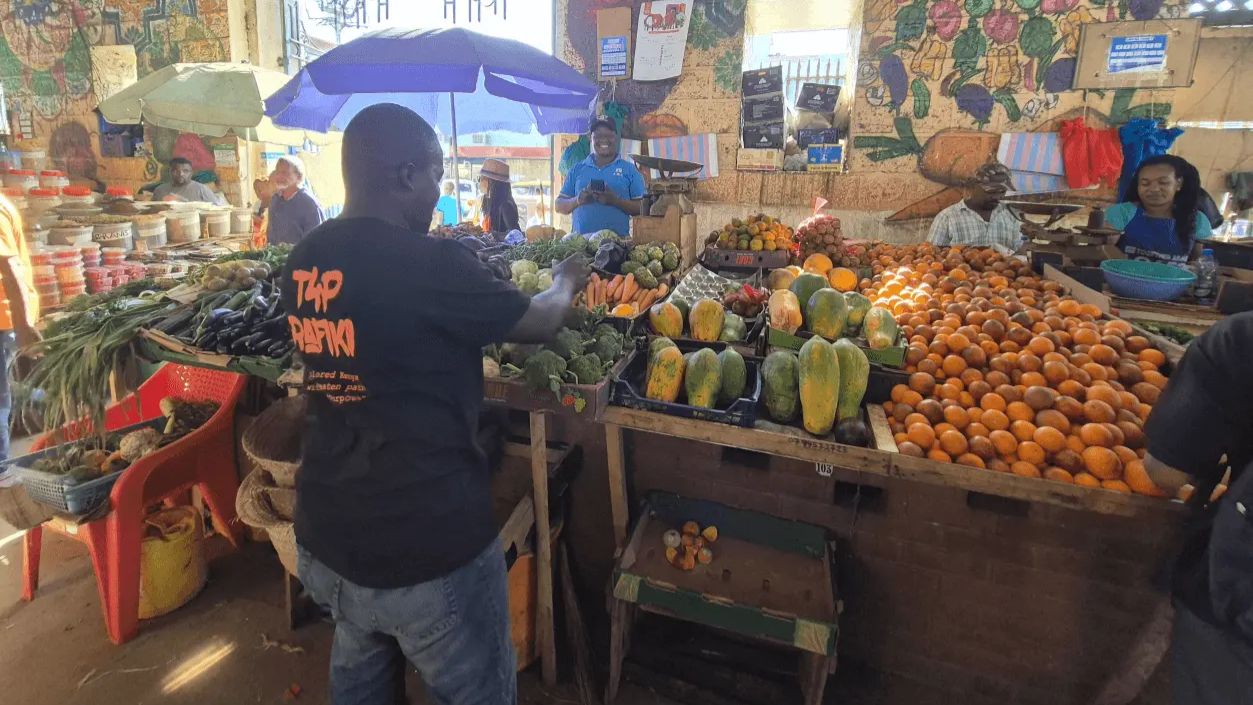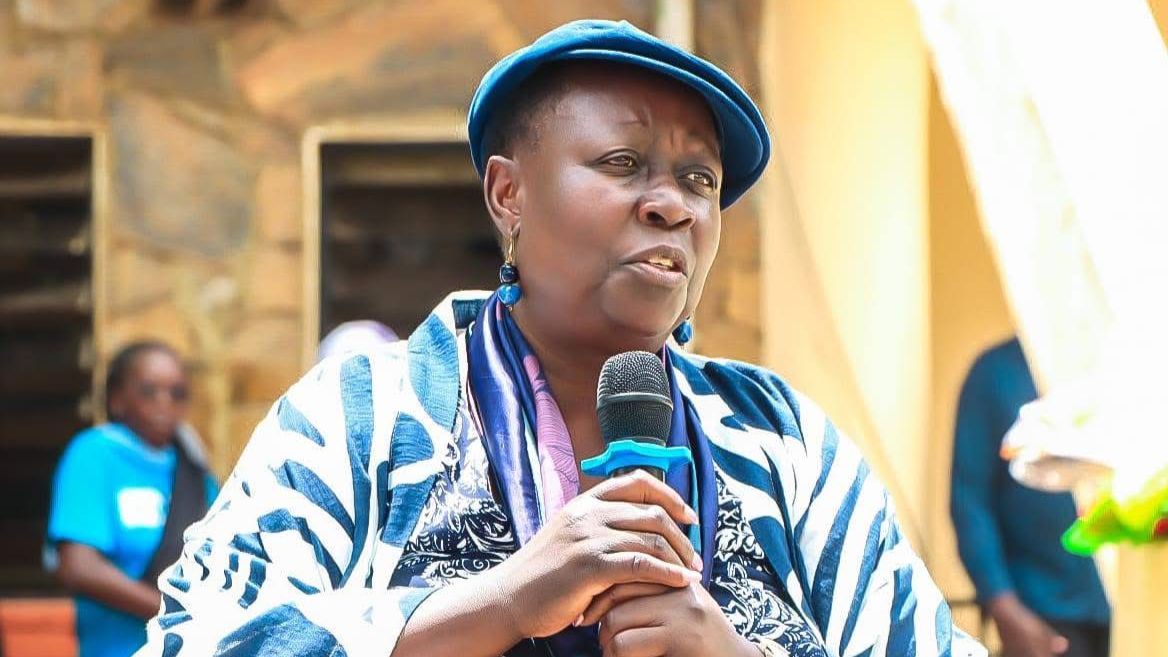The Ministry of Agriculture and Livestock Development has announced the implementation of the Sugar Development Levy, effective from July 1.
In a notice on Tuesday, July 15, the ministry said all sugar millers are required to pay the levy at a rate of 4% of the ex-factory price for locally manufactured sugar sold and 4% of the cost, insurance, and freight (CIF) value of imported sugar consignments.
Additionally, the levy must be remitted by the tenth day of the month immediately following the sale of locally produced sugar or the importation of sugar.
"The Levy is payable by every miller at the rate of four per cent of the ex-factory price for locally manufactured sugar sold and four per cent of cost, insurance and freight (CIF) value of each consignment of imported sugar.
"The Levy shall be remitted by the tenth day of the month immediately following the month when the domestic sugar is sold, and by the tenth day of the month immediately following the month when the sugar was imported," the notice read.
Read More
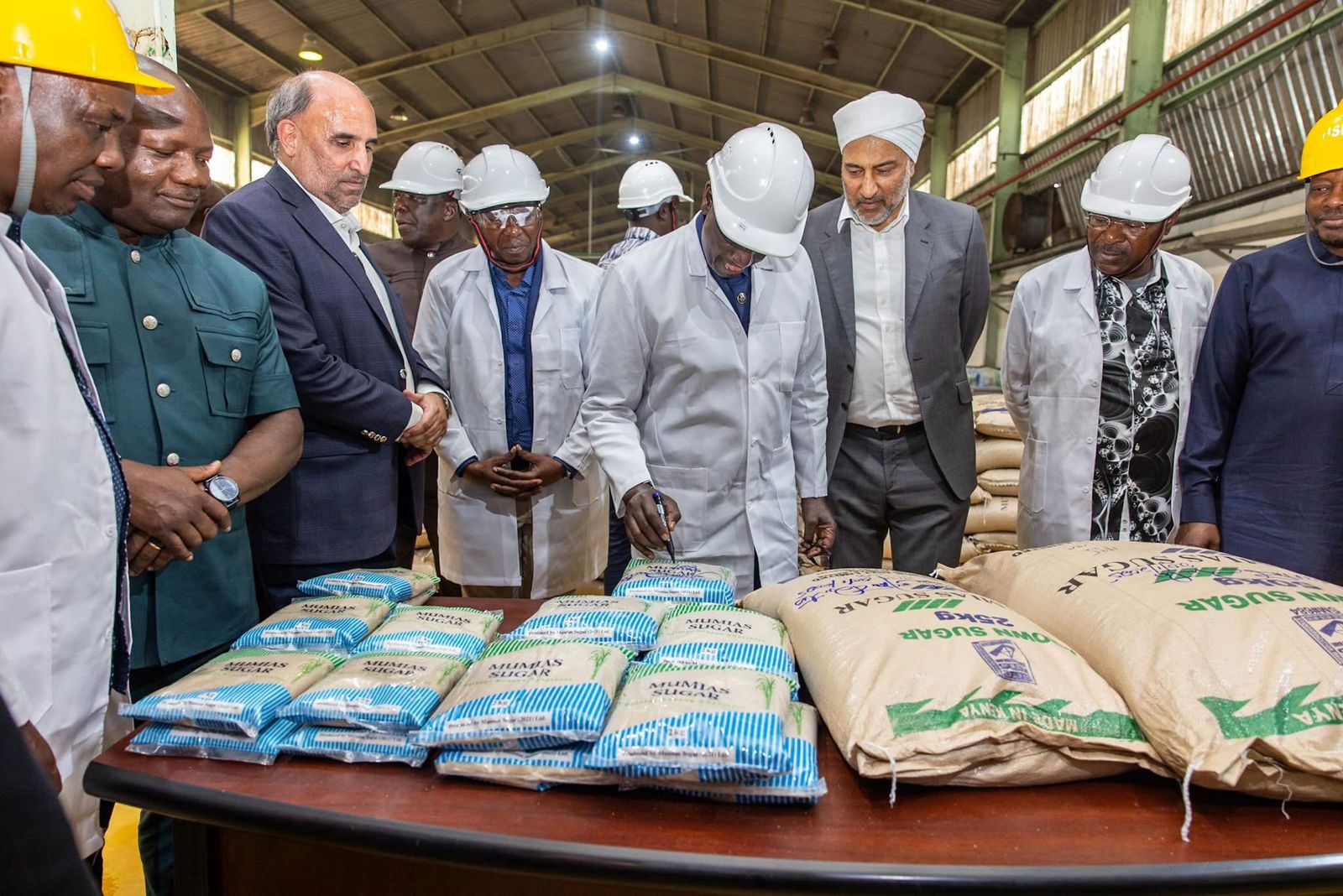
The ministry has appointed the Kenya Revenue Authority (KRA) as the collection agent for the levy.
"The Cabinet Secretary, Ministry of Agriculture and Livestock Development has appointed the Kenya Revenue Authority (KRA) as the collection agent. KRA will issue a communication advising on the mode of collection," the notice added.
The primary aim of the Sugar Development Levy is to raise revenue for revitalising the sugar industry which has faced persistent challenges including failing production.
Annual proceeds, estimated at about Ksh4 billion, will be allocated across several key areas; 40% will go toward cane development programs, another 15% to rehabilitating state-owned mills and 15% for infrastructure in sugar-growing regions.
15% will go toward research and training through the Sugar Research Training Institute, 10% to administrative costs of the Kenya Sugar Board, and 5% to bolster farmer associations.
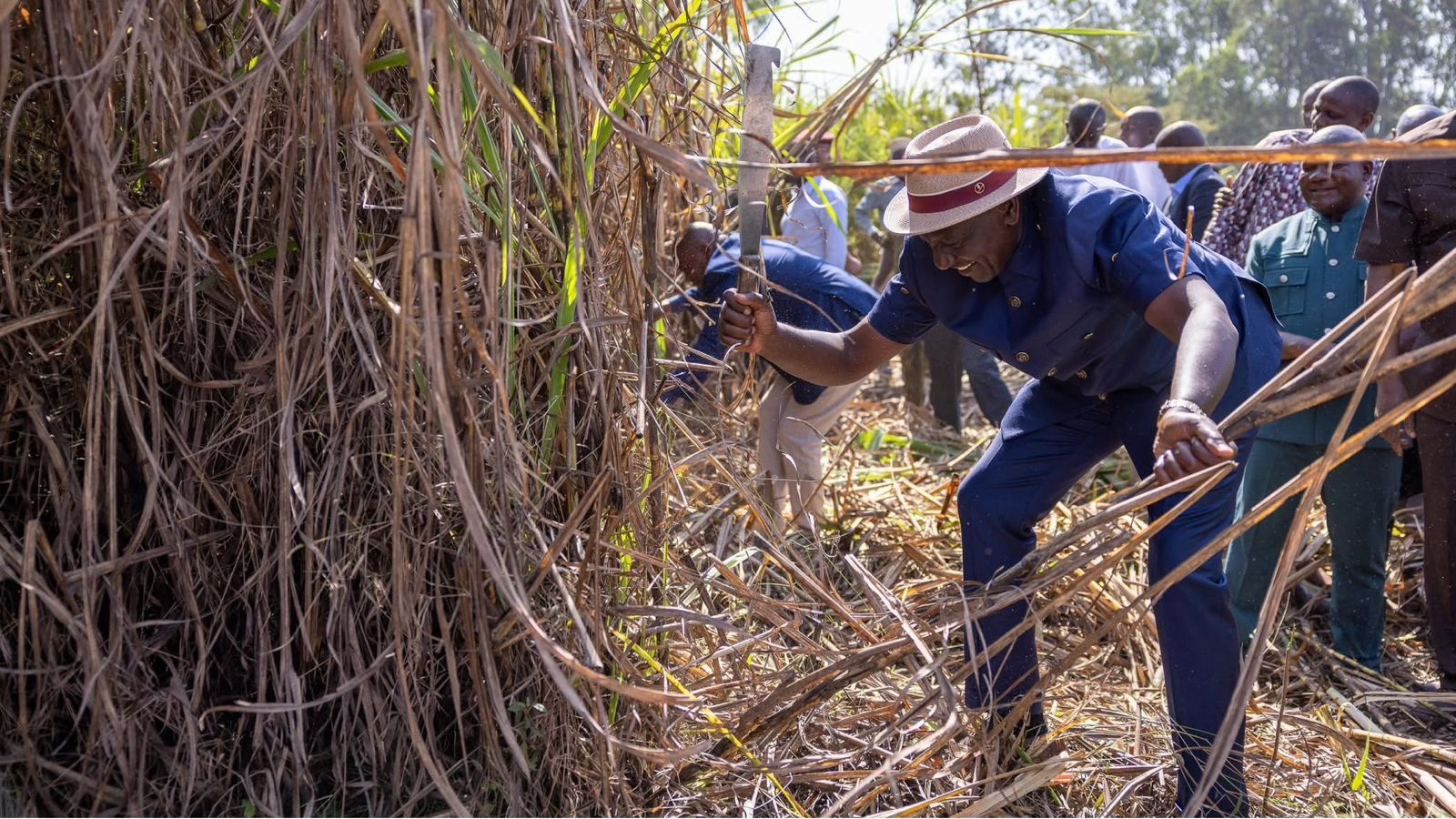

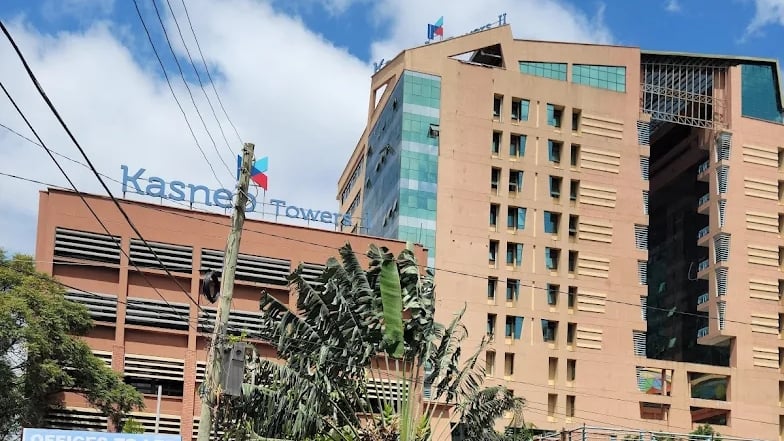
-1772458092.jpg)
-1772456632.png)
